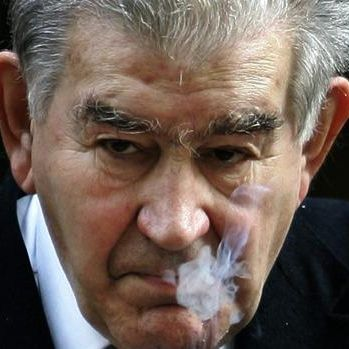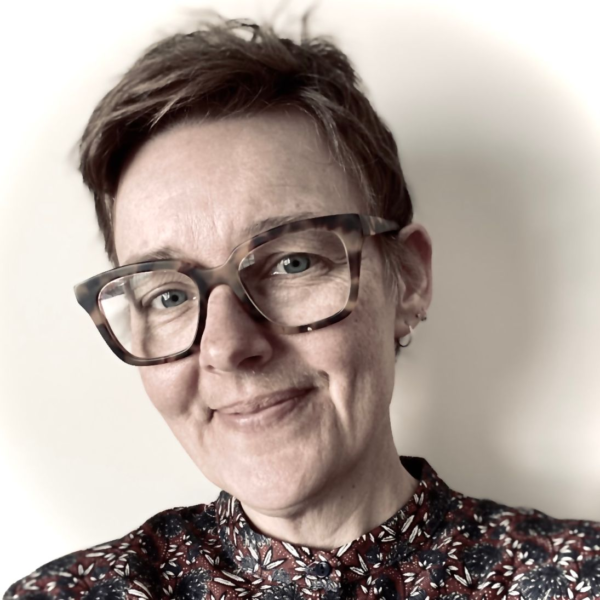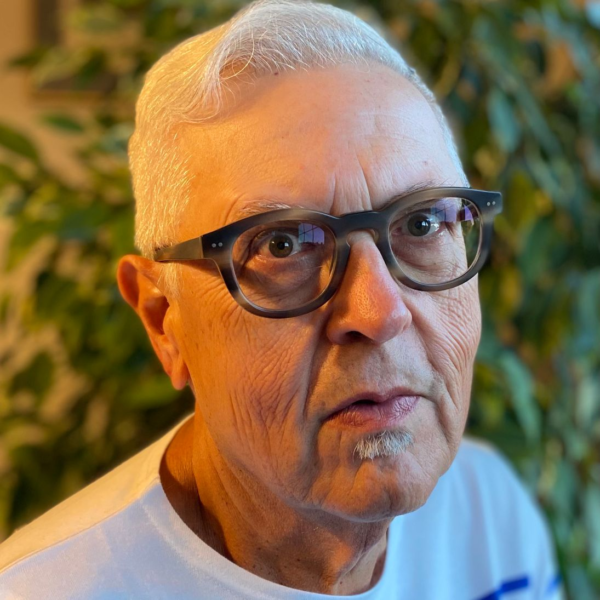
From Book of the Cold
By Antonio Gamoneda
Translated by Katherine M. Hedeen
and Víctor Rodríguez Núñez
(Forthcoming from World Poetry Books)
I recall the cold of daybreak, the insect circles over motionless cups, the possibility of an abyss
full of light beneath the windows open to let the illness air out, the sad scent of caustic soda.
*
I am unafraid and hopeless. From a hotel outside destiny, I see a black beach and, far off, the
great eyelids of a city whose sorrow is no business of mine.
I come from methylene and love; I was cold beneath the death tubes.
Now I contemplate the sea. I am unafraid and hopeless.
*
Black sheet in the mercy:
your tongue in a bloodied language.
Sheet still in the ailing substance,
it cries in your mouth and mine
and, moving sweetly through sores,
ties my bones to your human bones.
Don’t die more in me, flee my tongue.
Give me your hand to go into the snow.
*
The infection is greater than the sadness; licks the tortured parietals, goes into the bedrooms of
sweat and laudanum and later trembles like a cold wing: it is the dampness of the dying.
The impure dove slowly coming, coming to the glasses filled with shadow
and the capillary ash spreads over vestiges of mercury and weeping.
The lens proclaims mendicity but its light comes from the abyss. Before the scorched corneas
hang silence strings. Later
the disappearances sinking down to the heart.
*
It brushes the lichen and bones forsaken to the dew, later to turn up in the rooms and move into
the caustic soda strands. Then coming to your hands like a luminous tongue and sliding along the
fatty cells. It boils like ants so soft and now your hands unmoving in the happiness.
When the sun turns back to its sadness bowl
you watch your hands forsaken by the light.

Antonio Gamoneda was born in Oviedo, Asturias, Spain in 1931. One year later, his father died suddenly and Gamoneda moved to León with his mother. He left school before he could finish, taking a job as a messenger boy at a bank to help the family, and continued to work there in different capacities over the next 24 years. His first book was published in 1960 (shortlisted for the Adonais Prize) and then there was silence for the next 17 years. Self-taught and prolific, Gamoneda was also fiercely opposed to the dictatorship of Francisco Franco, in power from 1939 to 1975, and deeply involved in the resistance movement. He did not bring out another book until 1977. His work only began to receive the attention it deserved after 1985, when he was awarded two prominent prizes (the Castilla y León Poetry Prize in 1985 and the National Poetry Prize in 1987). An extraordinarily unique voice in post-Civil War Spanish poetry, in 2006, Gamoneda received the two highest honors a writer can receive in the Spanish-speaking world, the Reina Sofía Poetry Prize and the Cervantes Prize, one of the few to receive both in the same year. He continues to be a vital and powerful poetic presence in Spain and throughout the world.

Katherine M. Hedeen’s latest translations include prepoems in postspanish and other poems by Jorgenrique Adoum (Action Books) and from a red barn by Víctor Rodríguez Núñez (co•im•press). She is a Professor of Spanish at Kenyon College and a Managing Editor of Action Books. More info: www.katherinemhedeen.com

Víctor Rodríguez Núñez (Havana, 1955) is one of Cuba’s most outstanding and celebrated contemporary writers, with over fifty collections of his poetry published throughout the world. He has been the recipient of major awards in the Spanish-speaking region, including, in 2015, the coveted Loewe Prize. His selected poems have been translated into over a dozen languages. His latest book in English translation is from a red barn (co•im•press, 2020). He divides his time between Gambier, Ohio, where he is Professor of Spanish at Kenyon College, and Havana, Cuba. More info: www.victorrodrigueznunez.com
Poesía en acción is an Action Books blog feature for Latin American and Spanish poetry in translation and the translator micro-interview series. It was created by Katherine M. Hedeen and is currently curated and edited by Olivia Lott with web editing by Paul Cunningham.